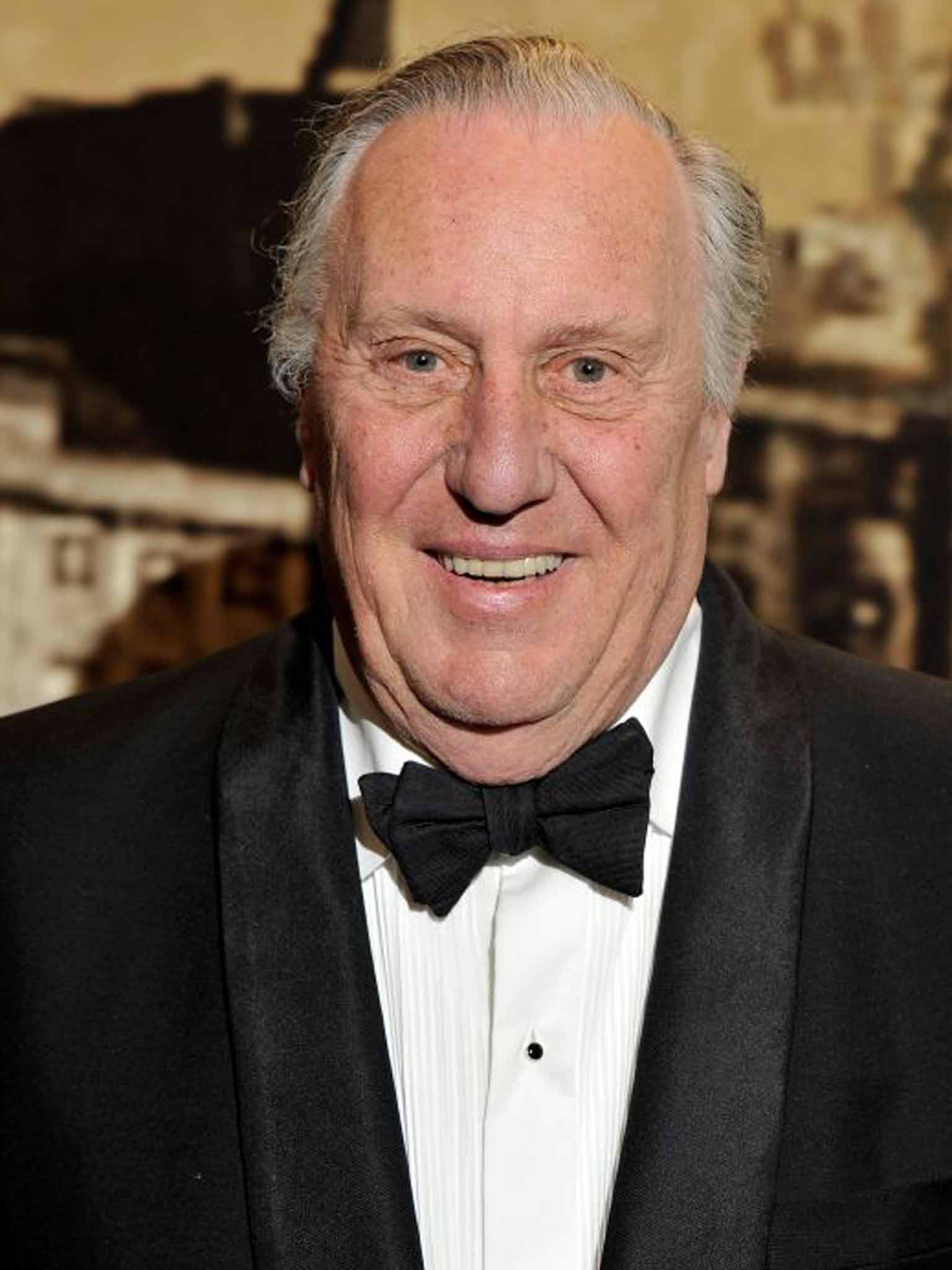Why Frederick Forsyth's spying days could spell disaster for today's journalists
The author of 'The Day of the Jackal' has revealed he spied for MI6 while a foreign correspondent

Your support helps us to tell the story
From reproductive rights to climate change to Big Tech, The Independent is on the ground when the story is developing. Whether it's investigating the financials of Elon Musk's pro-Trump PAC or producing our latest documentary, 'The A Word', which shines a light on the American women fighting for reproductive rights, we know how important it is to parse out the facts from the messaging.
At such a critical moment in US history, we need reporters on the ground. Your donation allows us to keep sending journalists to speak to both sides of the story.
The Independent is trusted by Americans across the entire political spectrum. And unlike many other quality news outlets, we choose not to lock Americans out of our reporting and analysis with paywalls. We believe quality journalism should be available to everyone, paid for by those who can afford it.
Your support makes all the difference.When Frederick Forsyth revealed at the weekend that he had combined his time as a foreign correspondent with spying for MI6, there was little criticism.
"No wonder novels such as The Day of the Jackal and The Odessa File were so well-informed," seemed the dominant sentiment of social-media commentary.
Forsyth chose to out himself as a spook as part of the publicity process for his autobiography, The Outsider: My Life in Intrigue. To his fellow novelist Ian Rankin, who feigned being "shocked", it was an amusing confession. "His cover was so good," he joked on Twitter.
Freddie found it "very hard to say no" to the Secret Intelligence Service when it invited him to become an informant during his time covering the Biafran War of 1967-70 as a BBC correspondent. Soon he was supplying reports not just to Broadcasting House but to "my new friend".
He is an outspoken patriot who thought he had an additional role to play when "the Cold War was very much on". But Forsyth is also a working journalist for the Daily Express and his comments about his historical actions have consequences for foreign correspondents today.
His "confession" coincided with news of the vicious jailing by the Egyptian regime of three Al Jazeera journalists on what are widely believed to be spurious charges that they were working on behalf of the banned Muslim Brotherhood. In Turkey, it emerged that four Vice News journalists, including the British pair Jake Hanrahan and Philip Pendlebury, were being held by President Recep Erdogan's regime accused of "helping Isis". In turn, Isis routinely beheads captured journalists and seeks to justify its barbarity with claims that they were in the pay of Western regimes.
John Tusa, a BBC contemporary of Forsyth's and a former head of the World Service, says that he feels sure that "99.9 per cent of journalists would not dream" of working with the intelligence services. "It completely undermines the nature and value of what they do."
He says Forsyth's words would reinforce suspicions held around the world and would be used "as a stick" against journalists by authoritarian states. "Any admission like Frederick Forsyth's makes it easier for regimes that don't believe in the free press and makes life much harder for journalists who take enormous risks to find out what's going on in unpleasant situations."
Unfortunately, there is a long history to journalism being used as a convenient cover story. Jo Glanville, the director of the writers' freedoms group English PEN, notes that the British government set up a sham news agency in Egypt to gather intelligence during the Suez Crisis in the 1950s. Others have used their talents in journalism as a route to spying treacherously, such as Kim Philby, who worked for The Times and The Daily Telegraph before entering the world of espionage and then defecting to the Soviet Union.
The muddying of the waters goes on. In June, the Pentagon produced a manual on the law of war, which included a claim – which outraged The New York Times – that the act of relaying information as a journalist "could constitute taking a direct part in hostilities". The manual branded journalists as "unprivileged belligerents" and went on: "Reporting on military operations can be very similar to collecting intelligence or even spying." The publication of the report coincided with the anniversary of the detention in Iran on spying charges of the Washington Post correspondent Jason Rezaian.
Vaughan Smith, a founder of the Frontline Club, a London-based venue dedicated to war reporting, says that Forsyth was wrong to suggest that correspondents had no choice when approached by the intelligence services. Those who do agree to do such work, he says, were putting their colleagues at risk.
"It's a bit like carrying weapons as a journalist. When you make those compromises, you endanger other journalists," he said. "It's most unfortunate and undermines trust in journalism at a time when we can barely afford it."
Discussion of MI6 had by yesterday moved on to the subject of whether the actor Idris Elba is "too street" to play James Bond. Forsyth's spying credentials would never have been jeopardised by such a claim, but this revelatory chapter of his life story might have repercussions. "Any reporter who is also a spy puts other reporters in jeopardy," The Guardian's Nick Davies said yesterday.
Freddie may have found his way to some authentic source material for his later career but, as Glanville says, "you shouldn't have to sell your soul to British intelligence to get inside information for your novels".
Join our commenting forum
Join thought-provoking conversations, follow other Independent readers and see their replies
Comments